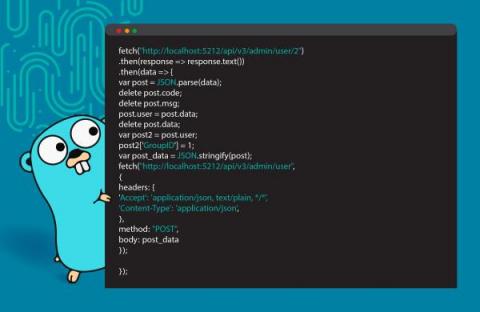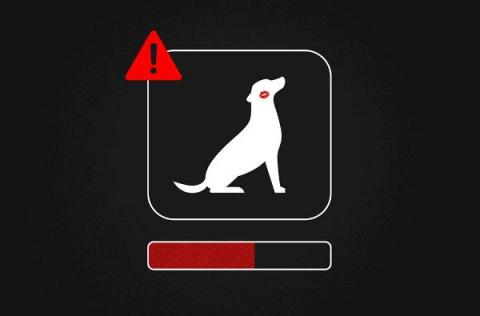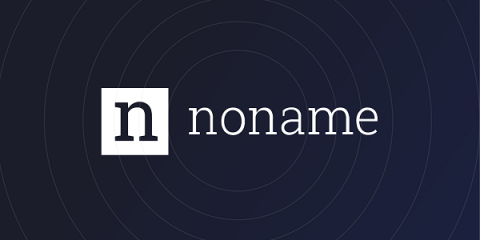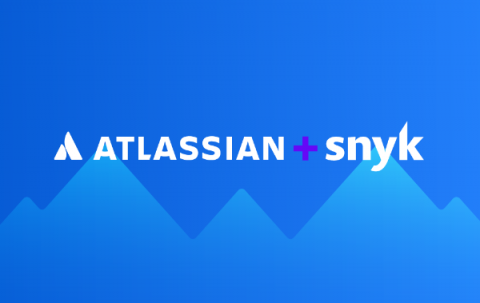A Rash of Recent CVEs in Go
At 12 years old, Go is a relatively new programming language–but it’s a popular one when it comes to cloud-native computing. CockroachDB, Docker, Kubernetes, and AdGuardHome (byAdGuard) are all built on Go, and the Go GitHub repository has over 105,000 stars, putting it in third place as a GitHub star leader.











